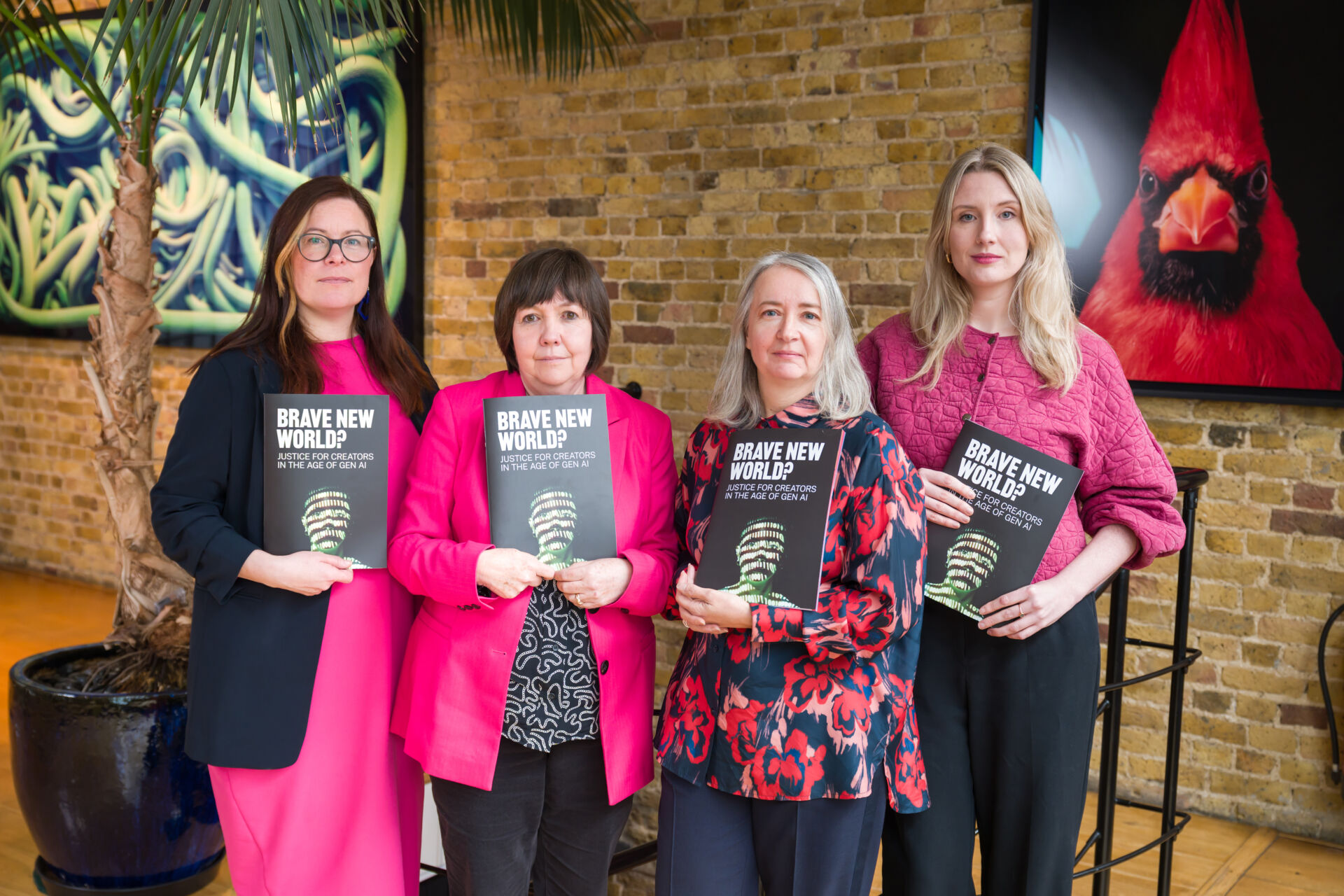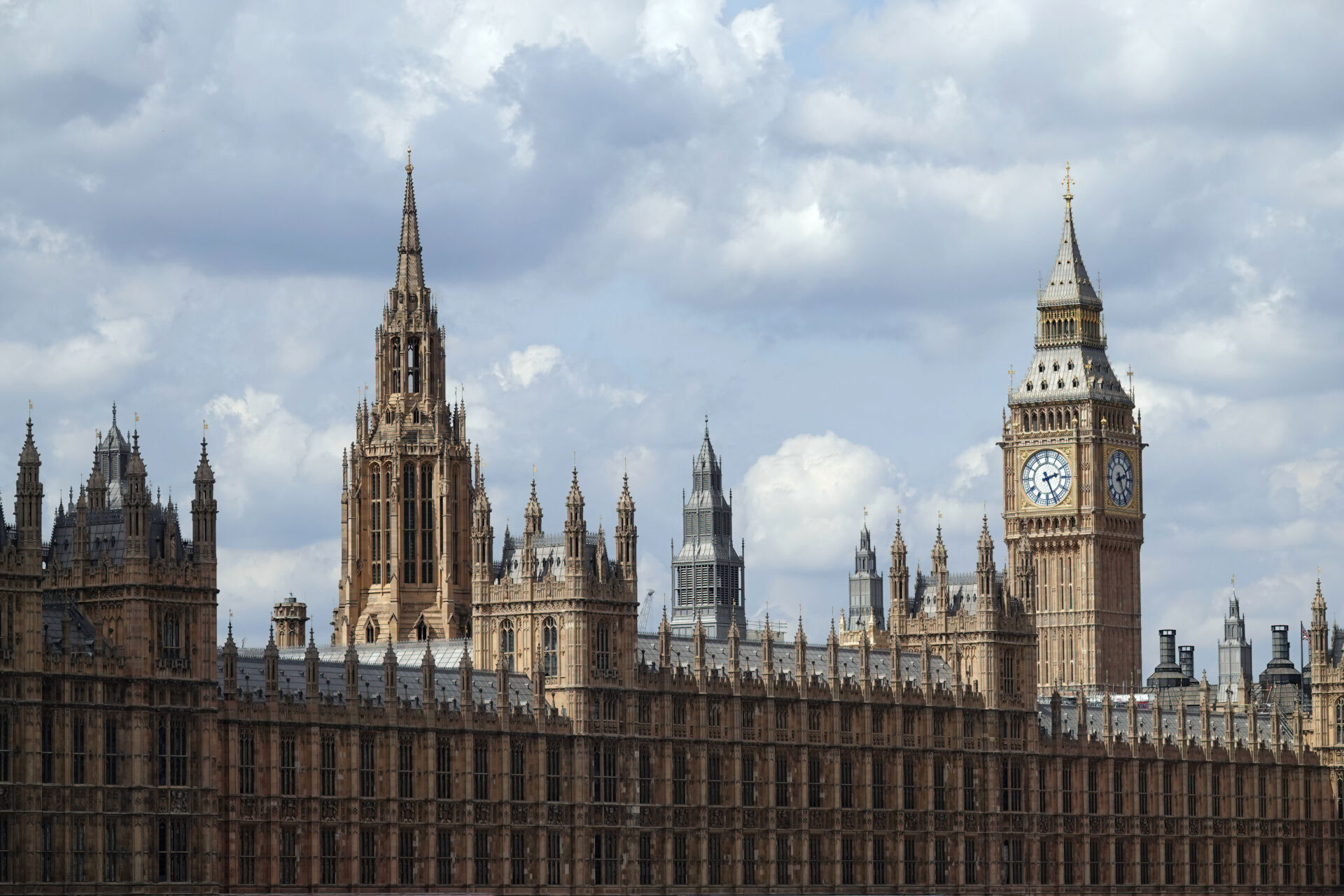Since my last update we have received a response from Meta following the letter we sent in April, where we informed them that they were in breach of copyright laws through their unlawful use of copyright-protected works in the training of their artificial intelligence (AI) model, Llama 3.
Unsurprisingly, Meta refuted all claims that they have breached any copyright laws in the UK, insisted that they take intellectual property rights seriously, and that they are compliant with all legal obligations. They also committed to defending themselves against legal allegations ‘vigorously’.
We fundamentally disagree with Meta’s position, and we will continue to work to hold Meta and other tech companies (that unlawfully access members’ works) to account. We are currently exploring all legal options on behalf of our members.
We also received a response to our open letter to the Secretary of State for the Department of Culture, Media and Sport, which reached over 50,000 signatures – you can sign it here.
However, we are still waiting for government to demonstrate that it is serious about supporting authors as part of its Creative Industry Sector Plan, and its ambition to grow and protect the UK’s world-leading creative industries which contribute £126 billion a year to the UK’s GVA.
We are still waiting for government to stand up against the unethical and illegal practices of tech giants, which have such a devasting impact on the lives of UK authors.
We are still waiting for the Secretary of State to intervene by summoning senior executives of Meta and other tech billionaires to appear before parliament.
Speaking of parliament, this month has seen a month of ‘ping pong’ over Baroness Kidron’s transparency amendment (49F) to the Data (Use and Access) Bill.
The Lords and government have continued to clash over this amendment, which would require AI tech companies to disclose the copyright-protected works used during their AI model training, and state how they accessed this data.
Addressing the government on behalf of creators, Baroness Kidron said that ‘their property, their labour, is worthy of your protection, because apart from anything else, it’s not yours to give away.’
Tuesday 3 June saw the latest round of debate in the House of Commons on the proposed amendment (49F) to the Data (Use and Access) Bill. Ahead of the debate, I spoke with Wendy Chamberlain MP – Chief Whip for the Liberal Democrats – about the need for this transparency amendment as a basic requirement to enable the enforcement of creators’ rights.
It was therefore pleasing to hear Victoria Collins, Liberal Democrat MP, passionately supporting the amendment, saying: ‘while technology moves at pace, our framework for accountability has not kept up’.
Sir Chris Bryant MP, Minister of State for Creative Industries, Arts and Tourism did concede that ‘few Bills have gone this many rounds,’ which shows just how strong feeling is around this issue across all political parties.
This latest rejection of the Kidron amendment confirms that to this government, the interests of Silicon Valley are worth more than the livelihoods of UK creators, and the future of our £126bn creative industries.
It also confirms that government is seemingly happy for writers, illustrators, translators, and other creators to have their work unlawfully exploited by AI companies.
While this is a disappointing outcome, we will not stop fighting for fair pay and protections for the UK author community in the development of AI technology.
Watch the House of Commons debate in this latest round of ‘ping pong’, here.
Tech companies must be required to provide detailed responses to the allegations that they have engaged in wholesale copyright infringement, and to provide unequivocal assurances that they will respect the copyright of authors, not engage in unlawful conduct and that they will pay authors and creators for all historic infringements.
Government must also correct the record on the misleading claim made in the consultation into AI and copyright that copyright law is uncertain on the topic of AI training. You can sign the open letter to Peter Kyle MP, here.
Just yesterday (4 June), we were at the SXSW London festival to talk about the launch of the CREEATIF project which offers seven key policy and regulatory recommendations that would ensure AI technologies support, rather than undermine, the value and future of creative work. We hope UK government reads this report and takes note.
On we go…
With very best wishes,
Anna







I do not believe that merely register a quasi-complaint with the body that is breaching the copyright is valid. Equally it is pointless and purposeless to rely on the Government for they have repeatedly shown that they (i) do not really understand the effect of the legal repercussions that automatically flow from any and every breach and (ii) are instinctively afraid to act other than with ovine obedience to second-rate American politicians and (iii) do not care about a person’s creativity being used and abused because robots do not bleed. The better and only effective method to counteract the arrogance… Read more »